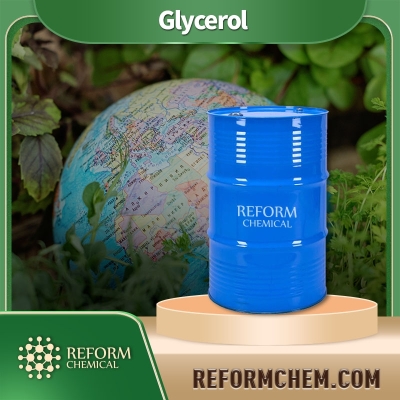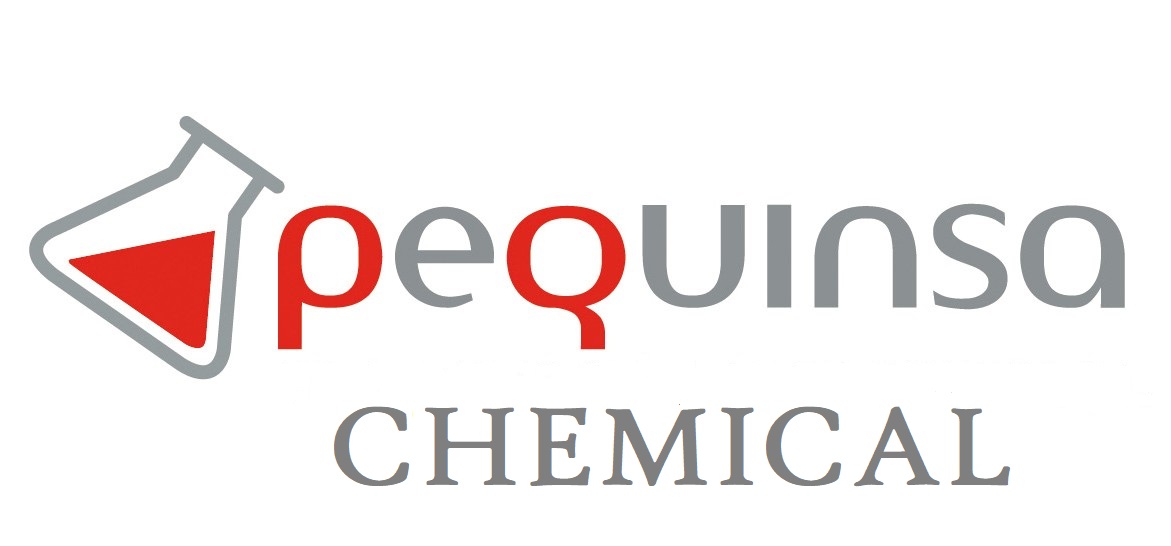-
Categories
-
Pharmaceutical Intermediates
-
Active Pharmaceutical Ingredients
-
Food Additives
- Industrial Coatings
- Agrochemicals
- Dyes and Pigments
- Surfactant
- Flavors and Fragrances
- Chemical Reagents
- Catalyst and Auxiliary
- Natural Products
- Inorganic Chemistry
-
Organic Chemistry
-
Biochemical Engineering
- Analytical Chemistry
-
Cosmetic Ingredient
- Water Treatment Chemical
-
Pharmaceutical Intermediates
Promotion
ECHEMI Mall
Wholesale
Weekly Price
Exhibition
News
-
Trade Service
(+)-Lansoprazole: A Safe and Effective Compound in the Chemical Industry
In the world of chemicals, safety is always a top priority.
The use of safe and effective compounds is crucial for the wellbeing of the public and the environment.
One such compound that has gained popularity in recent years is (+)-lansoprazole.
This article will explore the safety of (+)-lansoprazole and why it is considered a safe and effective compound in the chemical industry.
What is (+)-Lansoprazole?
Lansoprazole is a proton pump inhibitor (PPI) that is primarily used to treat acid-related disorders, such as gastroesophageal reflux disease (GERD), peptic ulcer disease, and Zollinger-Ellison syndrome.
Lansoprazole works by blocking the hydrogen-potassium adenosine triphosphatase (HPT) enzyme in the parietal cells of the stomach, which reduces the production of stomach acid.
There are two stereoisomers of lansoprazole: (+)-lansoprazole and (-)-lansoprazole.
While both isomers have similar pharmacological properties, it is the (+)-lansoprazole that is marketed and widely used due to its better efficacy and safety profile.
Safety Profile of (+)-Lansoprazole
The safety of (+)-lansoprazole has been extensively studied and has been found to have an excellent safety profile.
Clinical studies have shown that the drug is well-tolerated and has a low incidence of adverse effects.
The most common adverse effects associated with the drug are headache, nausea, and abdominal pain, which are generally mild in severity.
In addition, (+)-lansoprazole has a low potential for drug interactions and is not known to have any significant interactions with other medications.
This makes it a safe and effective option for patients who are taking other medications.
Toxicity Studies
Toxicity studies have been conducted on (+)-lansoprazole, and the results show that the drug is safe even at high doses.
In acute toxicity studies, the drug was found to be safe even at doses that exceeded the maximum recommended therapeutic dose.
Long-Term Safety
Long-term safety studies have also been conducted on (+)-lansoprazole, and the results have been reassuring.
The drug has been shown to be safe and effective in treating acid-related disorders for up to one year.
Furthermore, the drug has been found to have a low incidence of side effects and is generally well-tolerated.
Conclusion
In conclusion, (+)-lansoprazole is a safe and effective compound that is widely used in the chemical industry.
Studies have shown that the drug has an excellent safety profile and is well-tolerated by patients.
Its low potential for drug interactions and low toxicity make it a safe option for patients who need to take acid-reducing medications.
Furthermore, long-term safety studies have shown that the drug is safe and effective for up to one year of treatment.
Overall, (+)-lansoprazole is a safe and effective compound that is widely used in the chemical industry for treating acid-related disorders.







